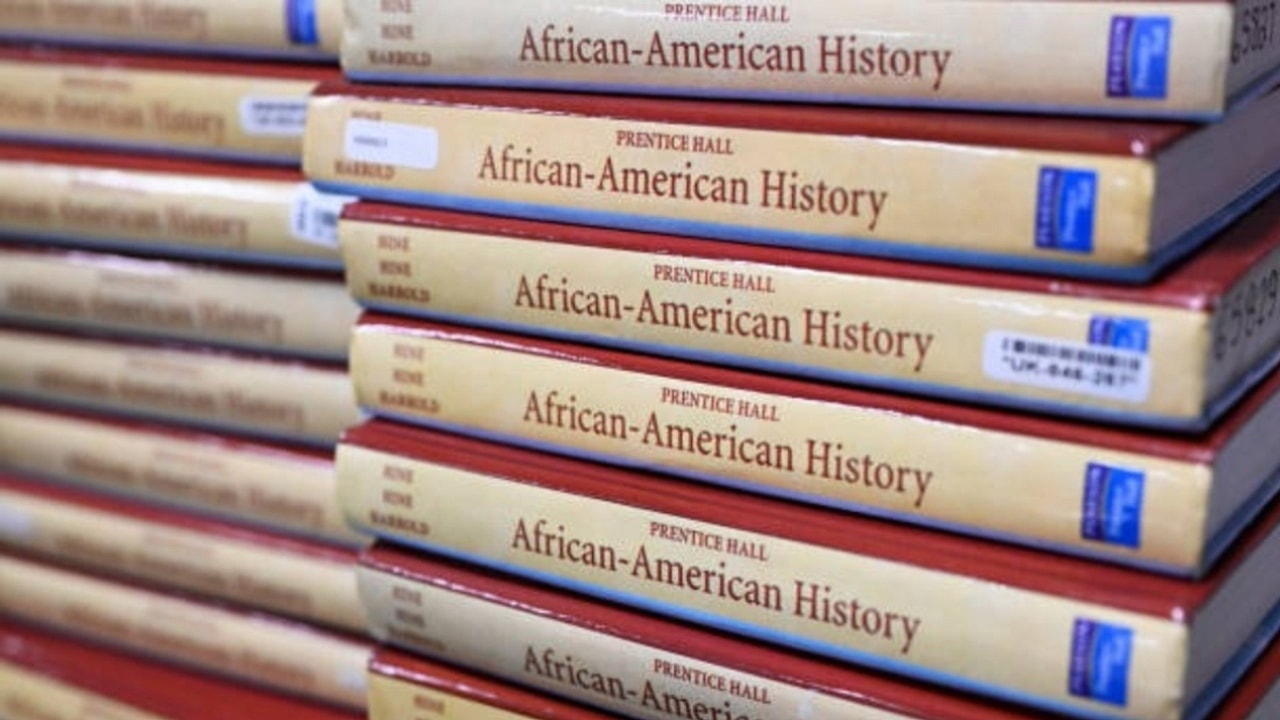State officials in Florida discussed the “lack of opposing viewpoints” before banning an Advanced Placement African American studies course in January, a move that continues to spark controversy.
According to the Miami Herald, authorities said their objections to including topics such as reparations, the Black Lives Matter movement and “queer theory” were why Florida rejected the AP course on African American studies.
However, an analysis of internal comments reportedly revealed that state officials failed to acknowledge that several of its reviewers had concerns about Florida’s efforts to alter its teachings about slavery and the struggle of African Americans throughout history.

Documents show that the Florida Department of Education’s Bureau of Standards and Instructional Support assessed the course materials the College Board gave before “FDOE senior leadership” rejected the course, the Herald reported.
John Duebel, the head of the state agency’s social studies division, and Kevin Hoeft, a former state agency employee who is now with the New College of Florida in Sarasota, were listed as the two reviewers. Hoeft is identified as an “expert consultant” to the Civics Alliance. The right-wing organization seeks to eradicate “woke” standards and center social studies curriculum on the Western canon.
For instance, one of the course’s lessons explained how slavery hindered Black people’s ability to amass wealth. The College Board’s lesson materials said that enslaved African Americans had no salaries to pass down to their descendants and no legal right to accumulate property and that individual exceptions depended on their enslavers’ whims. However, after reading the lesson plan, Florida reviewers asserted it could break state policy since it “supposes that no slaves or their descendants accumulated any wealth.”
Evaluators also took issue with a lesson plan that explained how Black Americans continued to experience wealth disparities due to persistent discrimination, even after slavery.
Mary Pattillo, a sociology professor who chairs the Department of Black Studies at Northwestern University, said there is only one way to look at slavery: It was brutal.
“It was exploitative, it dehumanized Black people, it expropriated their labor and wealth for generations to come,” Pattillo said. “There is no other side to that in African American studies. If there’s another side, it may be in some other field. I don’t know what field that is because I would argue there is no other side to that in higher education.”
The College Board emphasized some of the well-known leaders of the abolitionist movement and the ways the government attempted to thwart those who opposed slavery when it came to educating students about the campaign to eliminate slavery.
When tackling abolition, the College Board aimed to educate students on “describing the features of 19th-century radical resistance strategies promoted by Black activists to demand change.” In response, the state had concerns about the primary materials used in that unit, “The Appeal” by David Walker and “An Address to the Slaves of the United States” by Henry Highland Garnet.
In response to questions regarding the results of the previously undisclosed internal reviews, the Florida Department of Education said it rejected the AP course because state officials “found that several parts of the course were unsuitable for Florida students.”
Speaking on behalf of the organization, Cailey Myers noted the work of several Black authors and academics involved with the academic ideas of queerness, critical race theory and intersectionality, which she said “ranks people based on their race, wealth, gender and sexual orientation.” However, the term relates to how many social classifications may interact with prejudice.
Brandi Waters, the executive director of the AP African American studies course, said it’s challenging to grasp the Florida Department of Education’s criticisms of the material since state authorities haven’t openly shared their internal evaluations with the College Board. However, the state and the College Board discussed the course for several months before its disapproval.
“This course really gives students an opportunity to go deep,” Waters said. “It gives them the skill set to look at a wider range of primary sources that capture African American lives and experiences, and also refutes the notion that there’s one side against another, but really that there are multiple sides and we should look very deeply into all aspects of any historical process.”
TheGrio is FREE on your TV via Apple TV, Amazon Fire, Roku and Android TV. Also, please download theGrio mobile apps today!

